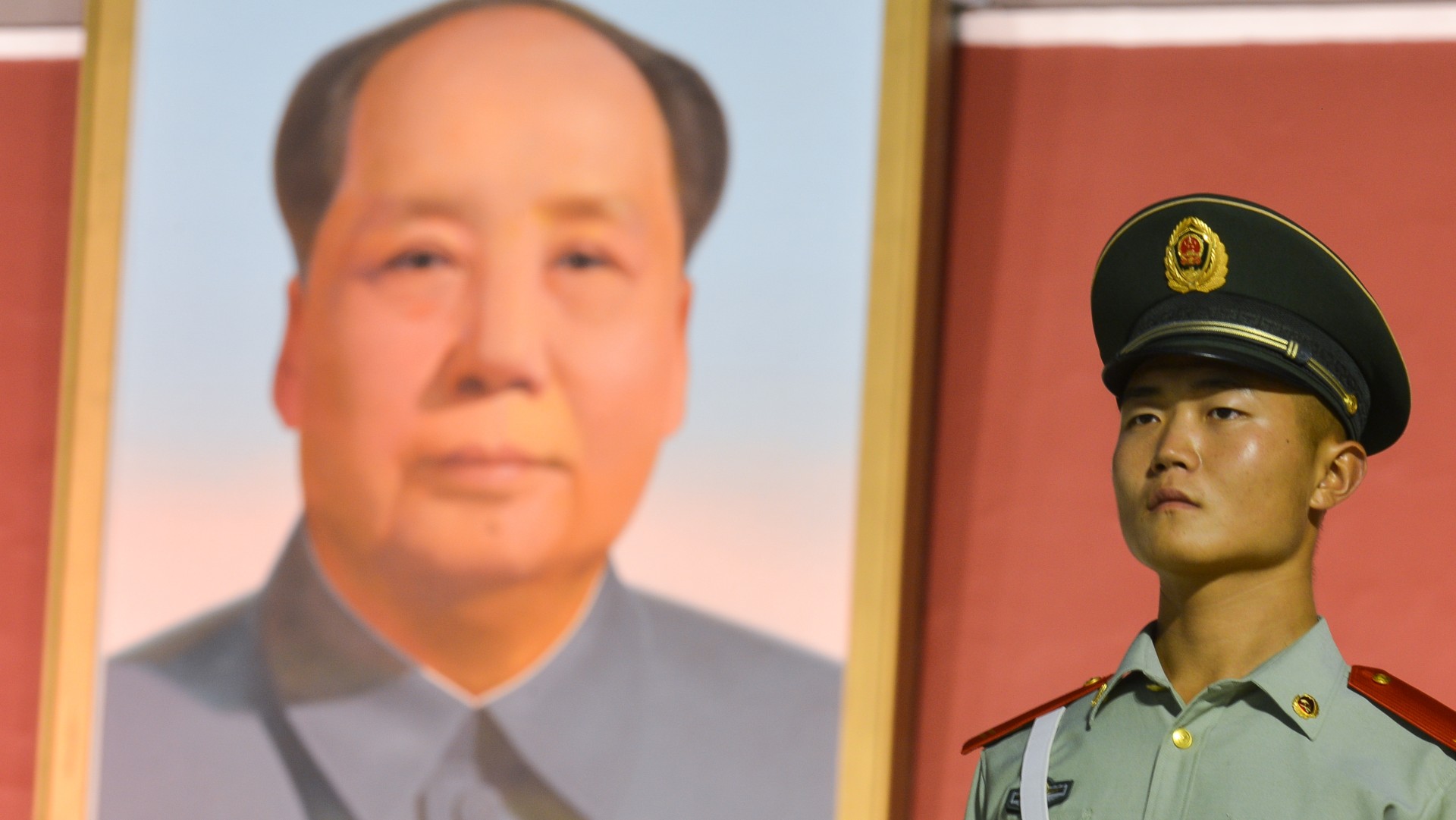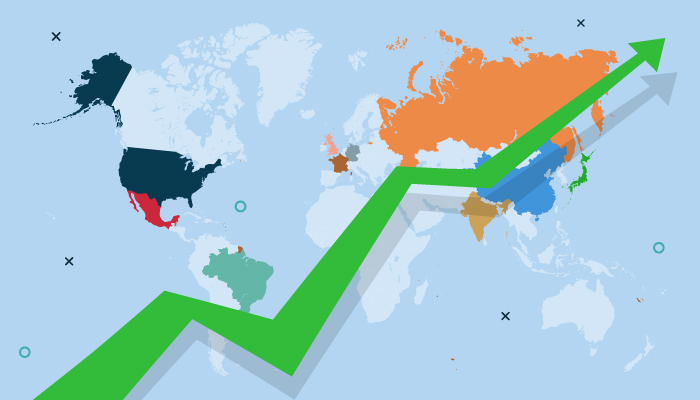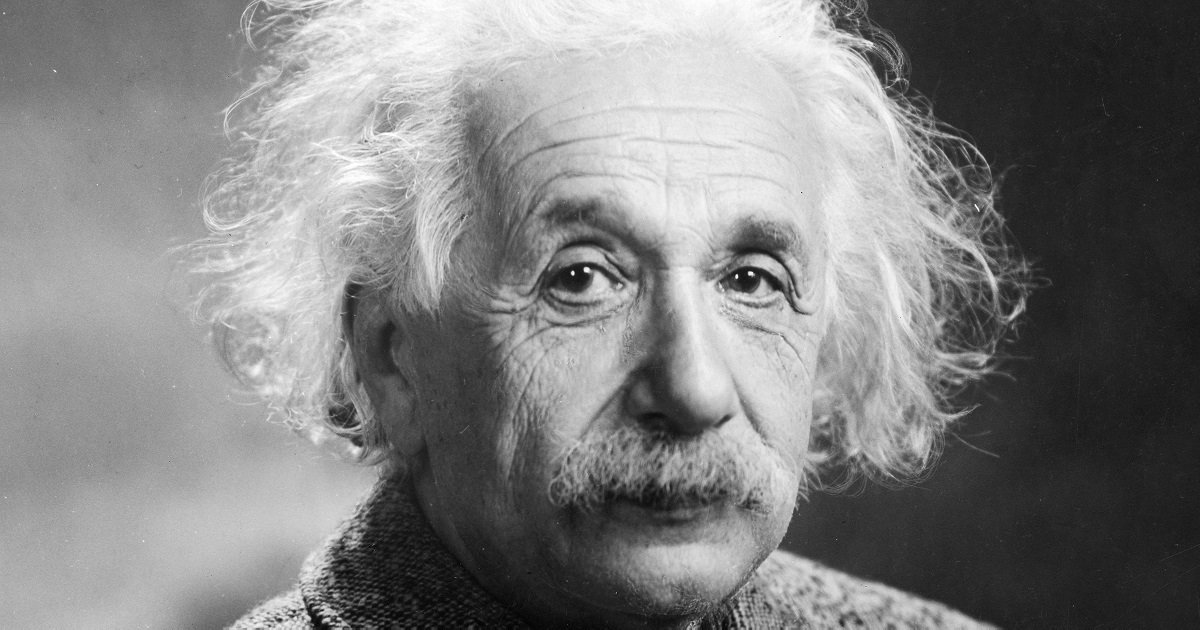5fish
Well-Known Member
- Joined
- Jul 28, 2019
- Messages
- 14,788
- Reaction score
- 5,466
You all know the United States is a Superpower and China is a Superpower on the rise. The new Superpower is the Techno Superpowers. These techno corporations are becoming superpowers in the digital universe.

 foreignpolicy.com
foreignpolicy.com
You’ve heard how NATO weapons, intelligence, and training have helped Ukrainians defend their land. But if Western tech companies hadn’t quickly come to the rescue in the early days of the invasion—fending off Russian cyberattacks and allowing Ukrainian leaders to communicate with their soldiers on the front lines—Russia would have knocked Ukraine completely offline within weeks, effectively ending (and winning) the war. Arguably, Ukrainian President Volodymyr Zelensky wouldn’t be in power today if not for tech companies and their power in the new digital order.
That’s a staggering amount of power that tech companies have amassed—so much so that they have become geopolitical players in and of themselves. These for-profit actors already control aspects of society, the economy, and national security that were long the exclusive preserve of the state. Their private decisions directly affect the livelihoods, interactions, and even thought patterns of billions of people across the globe. Increasingly, they also shape the global environment in which governments themselves operate.
But if the digital space itself becomes the most important arena of great-power competition, with the power of governments continuing to erode relative to the power of tech companies, then the digital order itself will become the dominant global order. If that happens, we’ll have a post-Westphalian world—a technopolar order dominated by tech companies as the central players in 21st-century geopolitics.
Here is Four Superpowers changing the world...
The term ‘superpowers’ conjures an image of major nations shaping the course of global history. But in the digital era, I believe it’s time we expanded that definition to include four extraordinary technological superpowers that promise to wield as much influence over the next 20 years as any nation-state: mobile technology, the cloud, artificial intelligence (AI) and the internet of things (IoT).
1. Mobile:
For millions of poor farmers living in remote areas around the world, access to an inexpensive mobile phone has transformed day-to-day life for their families and communities. A phone with basic internet service opens the door to micro-loans, real-time pricing for crops, accurate weather forecasts and information on topics like crop rotation, seeds and fertilizers – all adapted to local circumstances to help small farmers increase their yields in a sustainable way.
2. Cloud:
Today, 9 out of 10 organizations worldwide rely on the public cloud, as governments and private-sector businesses alike tap into the scale and flexibility which it provides. One of the best examples of its impact is in education, where massive open online courses (or MOOCs) are steadily opening up access to learning. The World Bank issued a warning recently on the learning crisis in global education, and it’s clear that in order for education to serve as a great equalizer, we need to invest in cloud-enabled educational models.
3. AI:
Artificial intelligence is delivering powerful insights fuelled by massive computing power, and in many ways, we’re just getting started in this field. Look at the healthcare industry, where deep-learning algorithms are already creating breakthrough drugs, improving diagnosis, and designing treatment plans far more effectively than any previous approach.
4. IoT:
At its most basic, the Internet of things is about connecting a variety of physical objects into a network in which machines can communicate, including millions of embedded sensors that transmit data in real-time. The IoT is already opening up exciting possibilities in areas as diverse as smart manufacturing, connected cars, and smart energy grids.

The Next Global Superpower Isn’t Who You Think
What happens when the world is no longer unipolar, bipolar, or even multipolar?
You’ve heard how NATO weapons, intelligence, and training have helped Ukrainians defend their land. But if Western tech companies hadn’t quickly come to the rescue in the early days of the invasion—fending off Russian cyberattacks and allowing Ukrainian leaders to communicate with their soldiers on the front lines—Russia would have knocked Ukraine completely offline within weeks, effectively ending (and winning) the war. Arguably, Ukrainian President Volodymyr Zelensky wouldn’t be in power today if not for tech companies and their power in the new digital order.
That’s a staggering amount of power that tech companies have amassed—so much so that they have become geopolitical players in and of themselves. These for-profit actors already control aspects of society, the economy, and national security that were long the exclusive preserve of the state. Their private decisions directly affect the livelihoods, interactions, and even thought patterns of billions of people across the globe. Increasingly, they also shape the global environment in which governments themselves operate.
But if the digital space itself becomes the most important arena of great-power competition, with the power of governments continuing to erode relative to the power of tech companies, then the digital order itself will become the dominant global order. If that happens, we’ll have a post-Westphalian world—a technopolar order dominated by tech companies as the central players in 21st-century geopolitics.
Here is Four Superpowers changing the world...
The term ‘superpowers’ conjures an image of major nations shaping the course of global history. But in the digital era, I believe it’s time we expanded that definition to include four extraordinary technological superpowers that promise to wield as much influence over the next 20 years as any nation-state: mobile technology, the cloud, artificial intelligence (AI) and the internet of things (IoT).
1. Mobile:
For millions of poor farmers living in remote areas around the world, access to an inexpensive mobile phone has transformed day-to-day life for their families and communities. A phone with basic internet service opens the door to micro-loans, real-time pricing for crops, accurate weather forecasts and information on topics like crop rotation, seeds and fertilizers – all adapted to local circumstances to help small farmers increase their yields in a sustainable way.
2. Cloud:
Today, 9 out of 10 organizations worldwide rely on the public cloud, as governments and private-sector businesses alike tap into the scale and flexibility which it provides. One of the best examples of its impact is in education, where massive open online courses (or MOOCs) are steadily opening up access to learning. The World Bank issued a warning recently on the learning crisis in global education, and it’s clear that in order for education to serve as a great equalizer, we need to invest in cloud-enabled educational models.
3. AI:
Artificial intelligence is delivering powerful insights fuelled by massive computing power, and in many ways, we’re just getting started in this field. Look at the healthcare industry, where deep-learning algorithms are already creating breakthrough drugs, improving diagnosis, and designing treatment plans far more effectively than any previous approach.
4. IoT:
At its most basic, the Internet of things is about connecting a variety of physical objects into a network in which machines can communicate, including millions of embedded sensors that transmit data in real-time. The IoT is already opening up exciting possibilities in areas as diverse as smart manufacturing, connected cars, and smart energy grids.













